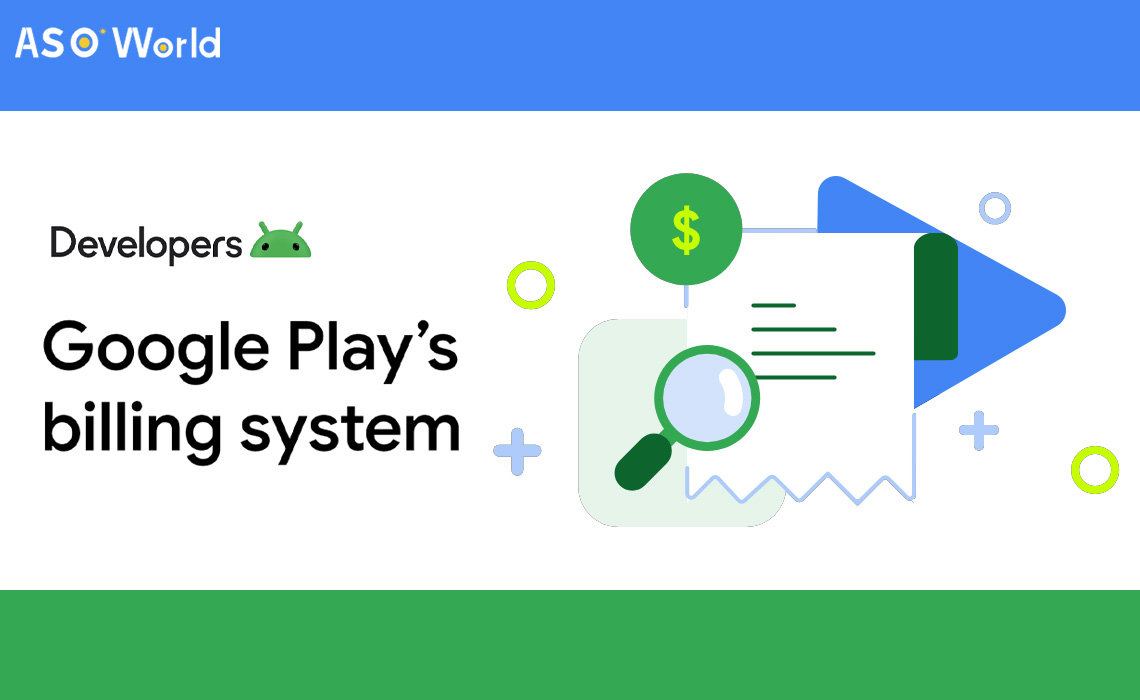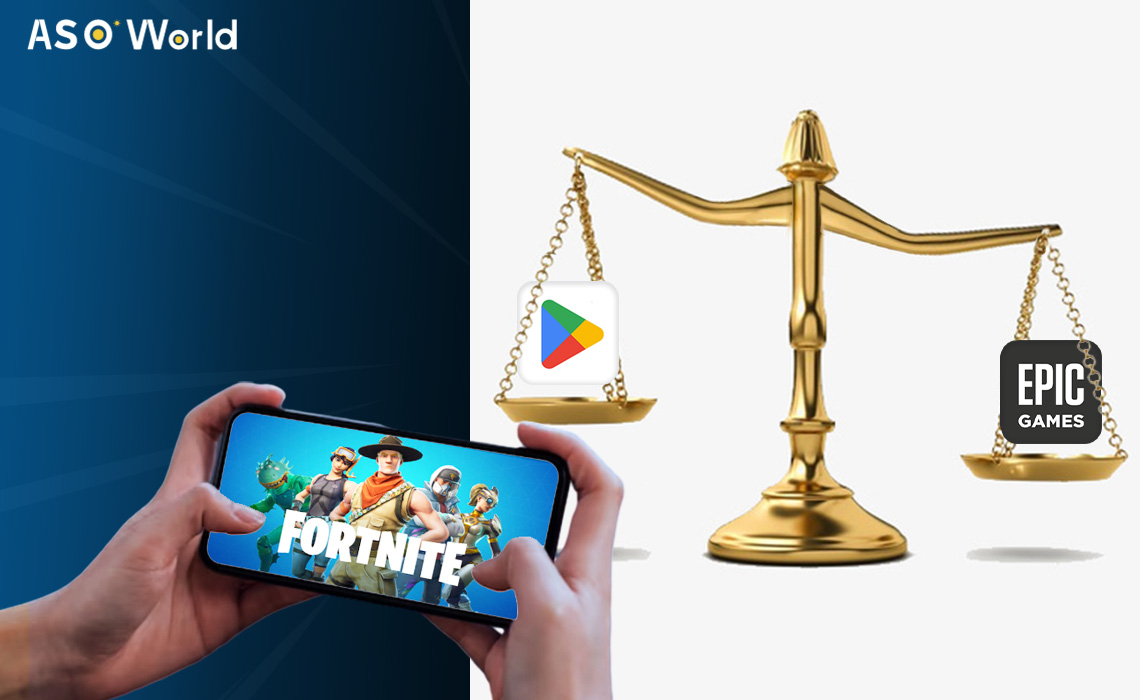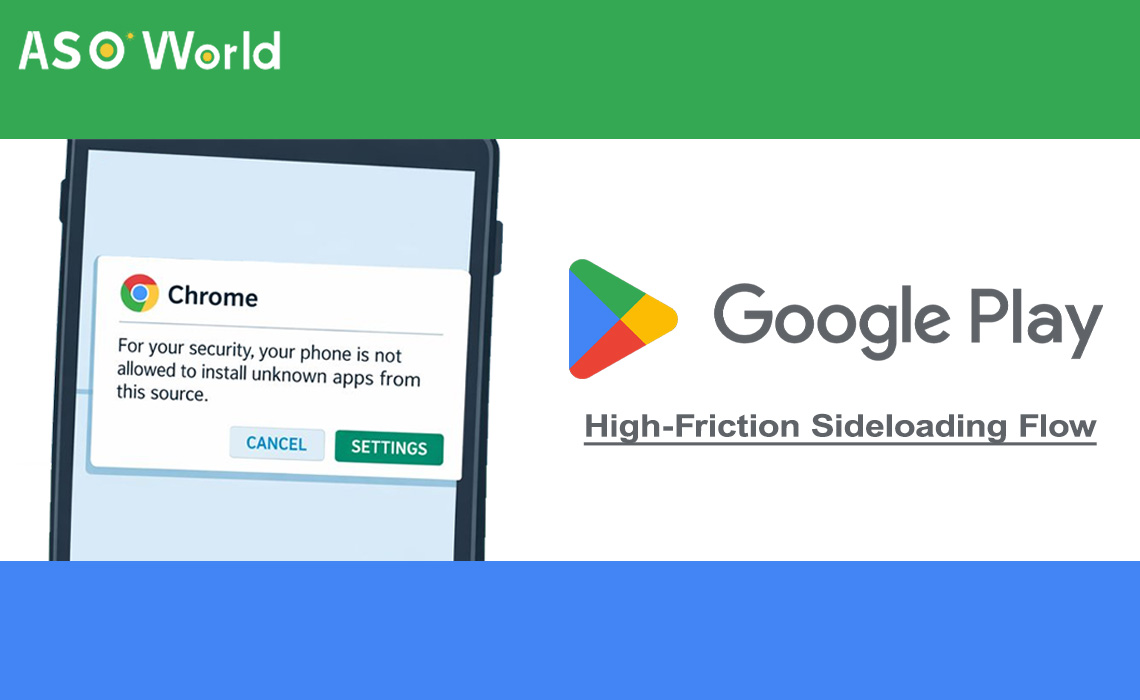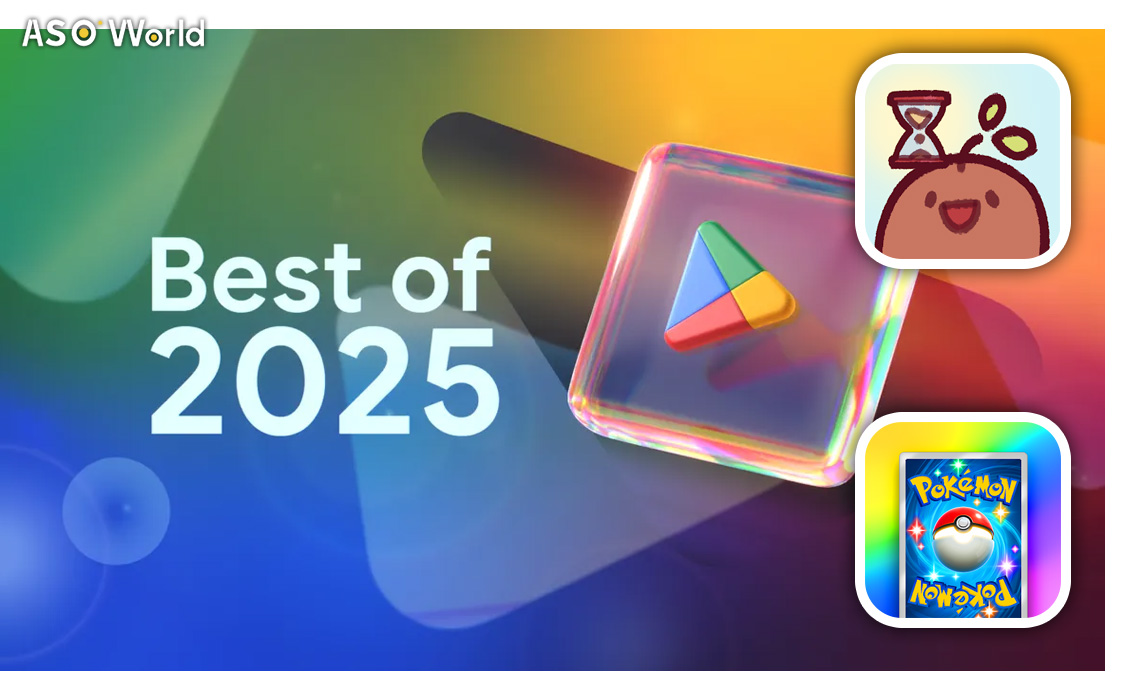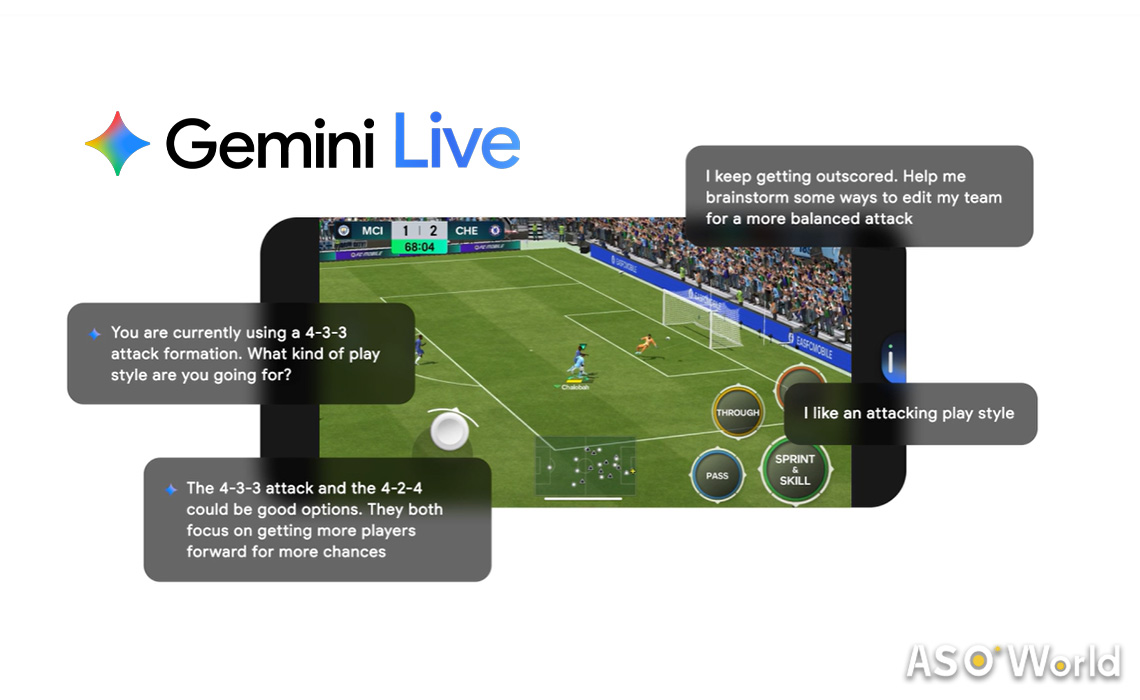Google has updated its Play Store rules for apps serving users in the United States, allowing developers to offer payment systems other than Google Play Billing.
This change, effective recently, responds to a U.S. court injunction and applies to in-app purchases, subscriptions and links to external checkout options.
Legal & Industry Context
The change stems from legal actions brought by Epic Games and other parties alleging that Google held a monopoly over Android app distribution and billing via the Play Store.
In particular, the case Epic Games v. Google concluded that Google had used its position to tie its app store to its billing system.
In response to a U.S. district court injunction, Google updated its policies to comply by the above date.
What & When Will Change
Scope and timing
From October 29, 2025, developers distributing Android apps to U.S. users can implement their own payment processors or link to outside stores and checkout pages.
The policy shift is tied to a court order stemming from litigation over Play Store practices and remains in force while the injunction is active.
Geographic limit
The change currently applies only to transactions that serve U.S. users.
Play Store billing rules for other regions remain in place unless separately updated or directed by other legal decisions.
How Developers & Users Are Affected
Choices for developers
Developers now have the freedom to test alternative payment providers, set prices independently of Play Billing, and present offers or downloads outside the Play ecosystem.
That flexibility could reduce transaction costs for some businesses and allow more direct customer relationships.
What users should expect
U.S. users may see new payment options such as direct card processing, third-party wallets or external checkout links.
Purchases made outside Google Play's billing will not necessarily appear in Play's subscription management dashboard, and Google's purchase protections may not cover every external payment.
Risks, Enforcement & Practicalities
Safety and policy enforcement
Google has said that user safety and data protection remain priorities.
Apps using third-party billing must still comply with Play Store policies on content, privacy and fraud prevention; enforcement will continue under those rules.
Operational tradeoffs
Implementing independent billing adds engineering and compliance work for developers: managing receipts, refunds and fraud detection outside Google's infrastructure can increase overhead.
Some developers may prefer the convenience and integration of Play Billing despite fees.
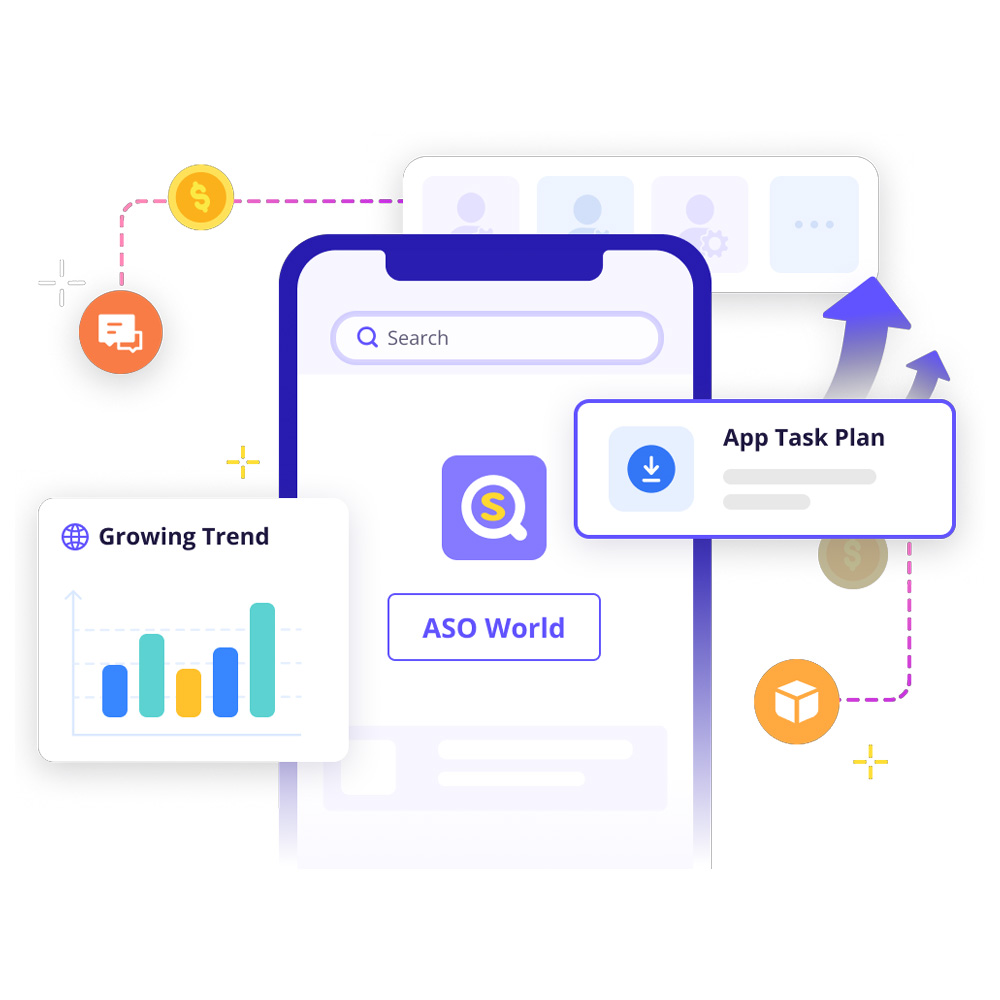
Editor's Comments
The U.S. opening of the Play Store's billing rules marks a practical victory for competition, but it should not be read as an immediate, industry-wide overhaul.
Expect a phased response: larger publishers with recurring revenues may experiment quickly with alternative processors to preserve margins, while smaller developers will weigh the technical and customer-support burden of handling payments independently.
For consumers, more billing options could translate to lower prices and more payment flexibility — provided that developers pass savings on and communicate clearly about protections and refund procedures.
Regulators and courts will likely remain involved, meaning the current arrangement could change again as appeals and compliance reviews continue.
The broader lesson is that platform rules shaped by market dominance can be altered through legal and regulatory pressure.
The next year will reveal whether this change increases competition and innovation, or mainly shifts complexity and risk onto developers and users.
